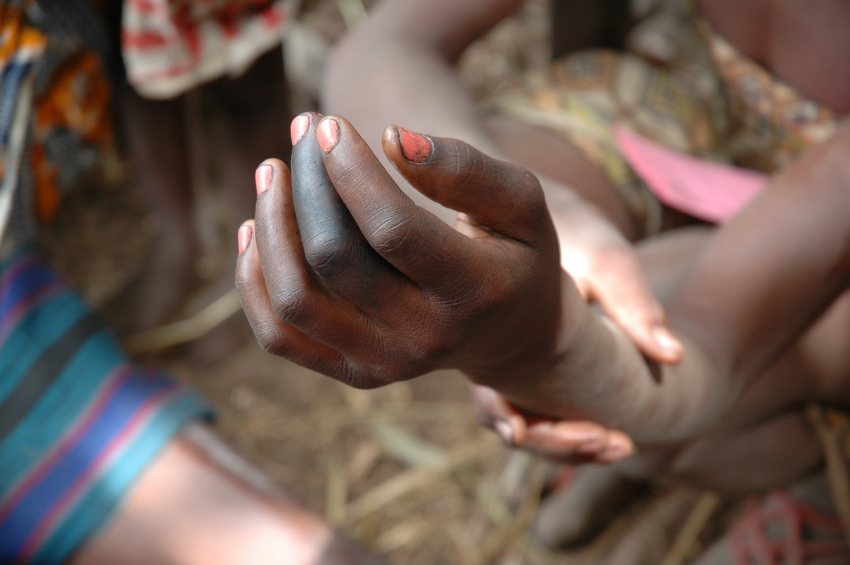Programs & Opportunities

Rutgers is an active leader in developing health solutions through interdisciplinary research and collaboration with colleagues at the former University of Dentistry and Medicine of New Jersey (UMDNJ). With the formation of Rutgers Biomedical and Health Sciences on July 1, 2013, Rutgers has exponentially enhanced its resources and expertise to address these issues, combining clinical skills with expertise in the social, economic, and political context in which we live and experience health challenges. RBHS is committed to providing its students with a global perspective in medicine.
RBHS schools and units are home to dynamic researchers studying problems around the world such as such as tuberculosis, women’s health, South Asian health, and other global health concerns. Many of the academic programs offered through RBHS incorporate international components, and there are many centers and institutes that address major global health and medical issues, such as:
-
Center for Global Public Health at the School of Public Health
-
Office of Global Health at Robert Wood Johnson Medical School
The efforts of the university community in various fields across all three campuses will help to ensure that our local and global communities have a healthier future, engage the international community in healthcare solutions, and create new and better ways to provide health care. Rutgers faculty are collaborating with communities around the world to learn, understand, and improve health outcomes in China, Mexico, Botswana, Brazil, Liberia, and many other countries. Through research, educational programs, study abroad opportunities, community service programs, and more, the Rutgers community is enriching our understanding of global heath challenges and developing impactful solutions to critical health concerns facing the world today.
Rutgers is also partnering with organizations at home to help tackle public health issues abroad. The Rutgers & Bristol-Myers Squibb Foundation Public Health Residency Program, now in its fifth year, promotes better health through a systems approach including pharmaceutical care for HIV-AIDS patients in southern Africa and escalating increase of type 2 diabetes in the United States.
